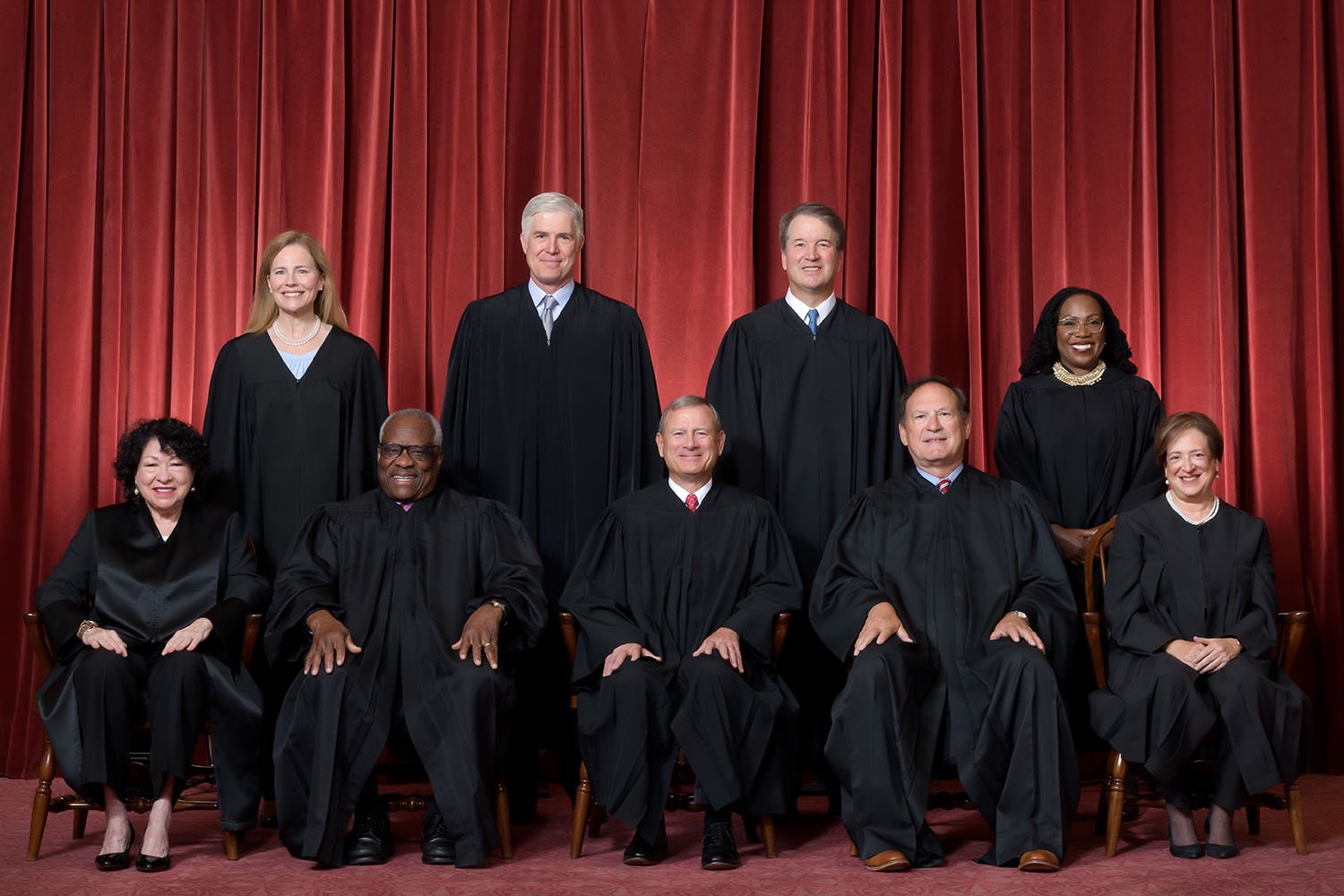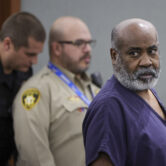WASHINGTON (CN) — Sharp divisions between the justices emerged Tuesday as the Supreme Court considered what kind of expert testimony should be allowed in a drug trafficking case.
Justice Neil Gorsuch, a Donald Trump appointee, led the faction of the court that believes the government should not have allowed a law enforcement expert to testify that Deliah Diaz knew she was carrying drugs across the border in 2020.
Diaz, an U.S. citizen, drove through the San Ysidro, California, border crossing in August 2020 after a trip to Mexico. A border patrol officer stopped her, requesting she roll down the back window of her vehicle. Diaz was unable to do so, claiming the window was manual.
The officer instead attempted to roll down Diaz’s window. When the officer struggled to do so, he conducted a more in-depth examination of the car and found packages of methamphetamine stuffed inside the compartment. Drugs were also found under the carpeting in the trunk. In total, border patrol found about $370,000 worth of methamphetamine.
Diaz claimed she borrowed the car from her boyfriend and had no idea there were drugs hidden inside. At trial, the government presented an expert who testified that drug traffickers do not typically entrust drugs to an unknowing person. A jury found Diaz guilty of knowingly importing methamphetamine.
Gorsuch said the expert testimony crossed the line into giving an opinion on Diaz’s state of mind, which is prohibited.
“The one thing the rule says is you can’t reach into a defendant’s head,” Gorsuch said.
Gorsuch said allowing the government to use this type of testimony would invite defendants to find their own experts to say there’s an 80% chance that drug mules don’t know. He said this would move away from Congress’ intent to bar testimony about mental state and instead end up with competing experts presenting their opinion on the defendant’s mental state.
Justice Samuel Alito, a George W. Bush appointee, led the opposing side of the bench and said there are already rules that prohibit testimony claiming 100% of drug mules knew what they were carrying. Alito said it was unnecessary for the court to draw new lines on this topic.
“There are other rules that take care of the extreme cases,” Alito said.
Justice Sonia Sotomayor, a Barack Obama appointee, disagreed, comparing testimony in Diaz’s case as functionally equivalent to expert opinions on her mental state.
“Justice Alito is inviting more chaos,” Sotomayor said.
The justices' disagreement with each other was just as apparent as their aversion to the arguments presented on either side. At one point, Justices Gorsuch, Amy Coney Barrett and Ketanji Brown Jackson were asking and answering each other's questions without allowing the government to get a word in edgewise.
Justice Elena Kagan, an Obama appointee, jumped in to referee the back-and-forth, asking the government its opinion instead of allowing the justices to say what they thought the government’s opinion was.
The government said experts are only barred from offering opinions about the defendant’s mental state. Matthew Guarnieri, assistant to the solicitor general at the Justice Department, said the expert in this case was not prohibited because he did not express any opinion about whether Diaz knew about the drugs in her care. Instead, the expert testified that most drug mules know what they are carrying.
Jeffrey Fisher, an attorney with the Stanford Law Supreme Court litigation clinic representing Diaz, argued that the expert testimony inferred information to the jury about her state of mind. She said experts should not be able to present testimony that juries just agree with and juries should be the ones determining mental state.
Kagan seemed to find issues with both of these arguments.
“Mr. Fisher may have line-drawing problems, but you do too Mr. Guarnieri,” Kagan said.
It appeared that more of the justices favored Alito’s understanding of the case, which favors the government. But many of the justices expressed confusion about where each side drew its lines, which could result in a more fractured opinion.
The court’s ruling in this case will not be siloed to drug trafficking prosecutions. The government said what the justices say in this case will be used in many others dealing with insanity or battered women’s syndrome.
A ruling will come down by the end of June.
Subscribe to Closing Arguments
Sign up for new weekly newsletter Closing Arguments to get the latest about ongoing trials, major litigation and hot cases and rulings in courthouses around the U.S. and the world.









